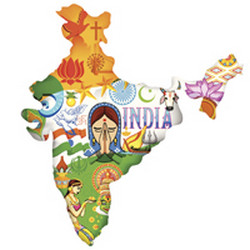Euro-Indo energy research
In developing countries, energy demands play a key role in continued progress with important implications for economic and social well-being and stability. Research in nanomaterials is expected to contribute significantly to development of renewable energy technologies. Nanomaterials are materials in which at least one of their three dimensions is on the scale of atoms or molecules (nanoscale). These materials often have special properties different and improved relative to those of the same bulk material. A consortium of European and Indian partners initiated the EICOON project to assess nanomaterials' research and training needs in Europe and India for developing sustainable energy technologies. This would enhance training of new researchers and facilitate informed decisions by policymakers and funding bodies. Together, these accomplishments should lead to increased deployment of such materials and technologies in both regions. After reviewing literature and research websites, the team conducted an analysis of gaps and overlaps that formed the basis of an assessment workshop. The assessment resulted in recommended future joint research collaborations in key target areas including carbon capture and storage, batteries and supercapacitors, fuel cells and photovoltaics. They also pointed the way to delineation of future joint training initiatives as part of Joint Calls for proposals. EICOON has forged collaboration amongst researchers in India and the EU in areas of mutual interest. It should lead to more effective use of nanomaterials in renewable energies technologies in both regions. In addition, better trained researchers and scientists will be equipped to undertake both the technical and management challenges associated with joint research. Overall, EICOON is expected to spur development of new technologies related to fuel cells and solar energy with important socioeconomic benefits for both the EU and India. Minimising global climate change will have even more widespread impact.



